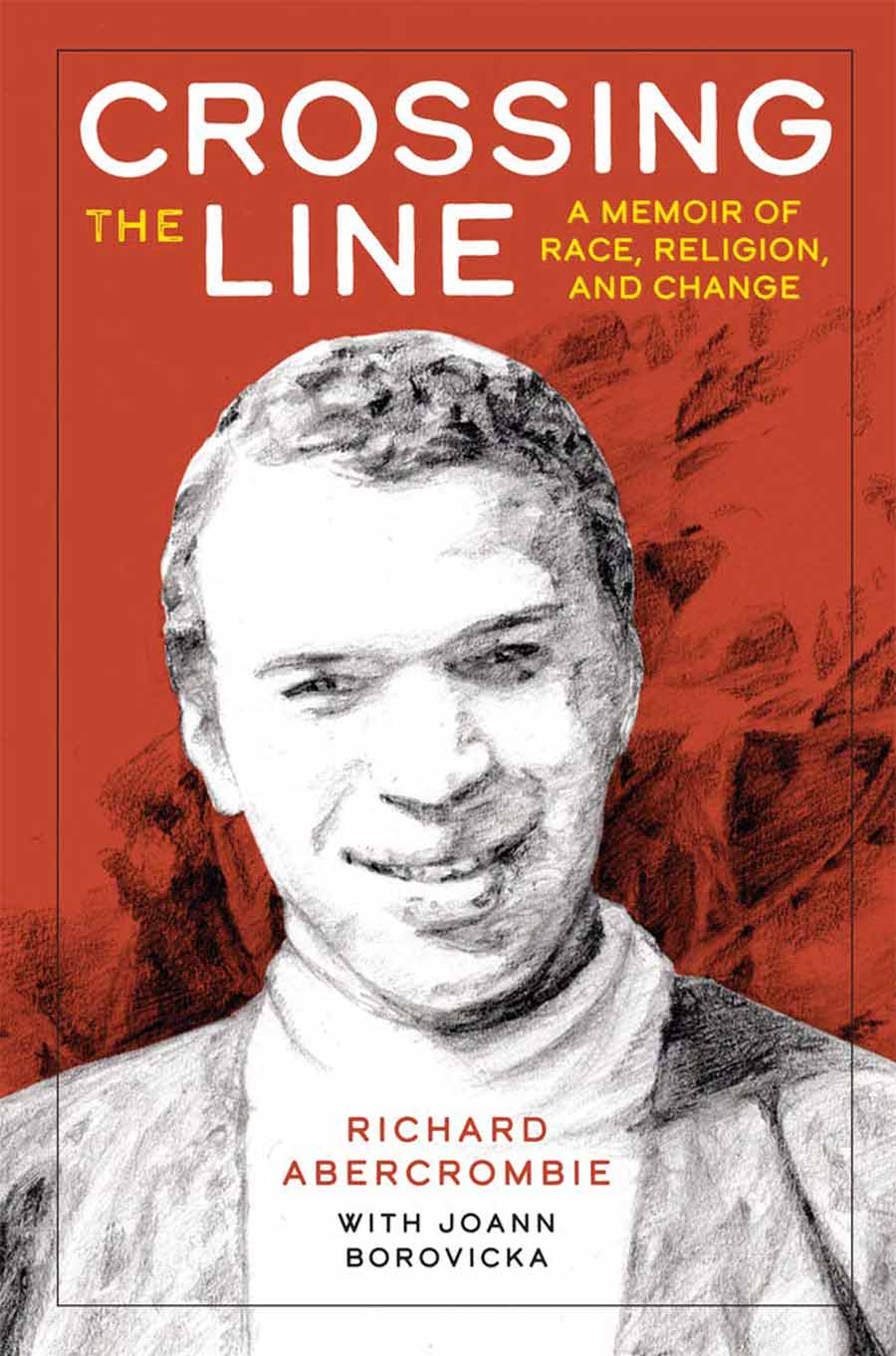In the rich tapestry of Bahá’í teachings, the intricate relationship between race, religion, and the human experience surfaces as a profound theme warranting both exploration and contemplation. The memoir, “Crossing the Line – A Memoir of Race, Religion, and Change,” serves as a potent narrative that not only recounts personal experiences but also reflects the broader Bahá’í principles aimed at fostering unity, reconciliation, and social justice. This exploration provokes readers to engage with a provocative inquiry: how does individual narrative intersect with collective enlightenment in the pursuit of a harmonious global society?
The memoir presents a poignant journey through the complexities of race and identity within a religious context, illustrating the struggles faced by those who navigate systemic challenges intertwined with cultural and spiritual beliefs. It invites readers to reflect on the vitality of personal stories in bridging the chasms of misunderstanding that often delineate racial lines. The Bahá’í perspective asserts that such narratives are not merely biographical but are, indeed, instruments of change. Believers are encouraged to embrace their stories as catalysts for communal healing.
As the reader delves deeper into this narrative, an essential tenet emerges: the Bahá’í commitment to the oneness of humanity. This principle posits that despite external differences, individuals fundamentally share a common essence, regardless of race, religion, or nationality. The memoir boldly illustrates this notion through its personal accounts, shedding light on lived experiences of discrimination juxtaposed with the Bahá’í ideals of love and acceptance. Such contrasting experiences cogently demonstrate the multifaceted nature of existence, where personal adversities serve to enrich an individual’s understanding and empathy towards others.
Moreover, the text challenges the reader to consider the implications of passivity in the face of injustice. It raises a crucial question: How can we move beyond mere acknowledgment of racial and religious divisions to an active participation in dismantling these barriers? The Bahá’í teachings exhort individuals to be proactive agents for change, asserting that the true measure of belief is manifested through action. This philosophical call to action resonates deeply with the memoir’s narratives, compelling readers to examine their roles in promoting equality and justice within their own communities.
Throughout the memoir, the author intertwines personal anecdotes with broader historical contexts, creating a tapestry that illustrates the evolution of racial and religious identities in contemporary society. This method serves to highlight the interplay between personal and collective histories, emphasizing that individuals do not exist in isolation but as integral parts of larger societal frameworks. The Bahá’í teachings reinforce this perspective, urging individuals to recognize their interconnectedness and the responsibilities it entails.
As the narratives unfold, the memoir deftly addresses the emotional turmoil stemming from racial prejudice and systemic injustice. The author’s candid reflections illuminate the psychological burdens borne by individuals grappling with societal expectations and biases. Yet, amidst the trials recounted, there shines a resilient spirit, an embodiment of the Bahá’í principle of hope. The teachings champion the idea that beauty resides in diversity and that through understanding and compassion, humanity can transcend its self-imposed divisions.
In contemplating the lessons drawn from “Crossing the Line,” one cannot help but ponder the role of education in engendering a culture of inclusivity. The text suggests that knowledge and awareness are fundamental in dismantling prejudices entrenched within societal structures. The Bahá’í teachings advocate for an educational ethos that embraces diversity, encourages critical thinking, and nurtures a sense of collective responsibility. This necessitates an ethos whereby individuals are empowered to challenge stereotypes and engage in constructive dialogues that bridge cultural divides.
Yet, the memoir does not shy away from acknowledging the resistance often encountered in such endeavors. The author grapples with societal inertia and the fear that accompanies change, particularly when confronting long-standing traditions and values. The Bahá’í principles provide a framework for understanding such resistance, illustrating how patience, perseverance, and a commitment to dialogue can ultimately transform mindsets. The memoir serves as an exhortation for individuals to remain steadfast in their pursuit of justice, even when faced with formidable opposition.
In the spirit of Bahá’í teachings, the memoir embodies a broader narrative of spiritual awakening and community building. It asserts that the journey towards racial and religious reconciliation is not merely an individual endeavor but a collective responsibility. As individuals reckon with their identities, they are called to contribute to the creation of a society where everyone can thrive, free from the persistent shadows of discrimination and division.
Ultimately, as readers navigate the pages of “Crossing the Line,” they are left with the indelible impression that change is possible. The memoir invites each individual to reflect upon their personal experiences and consider how they can contribute to the creation of a more inclusive world. It poses yet another challenge: will we remain passive observers of a world rife with division, or will we rise to the occasion, inspired by the lessons learned from the intersection of race, religion, and the human experience? The path forward demands courage, introspection, and a steadfast commitment to the principles of unity and justice espoused by the Bahá’í faith.
Through this exploration, one finds hope—not just in the memoir itself but in the shared aspirations of humanity to transcend barriers and foster a world anchored in love, respect, and understanding.
